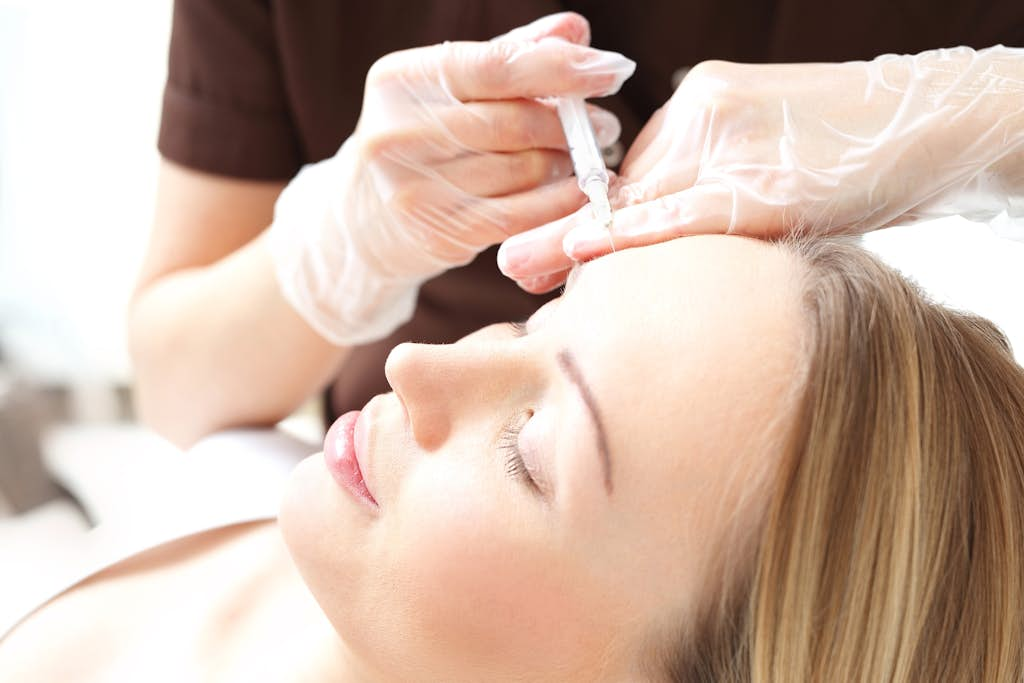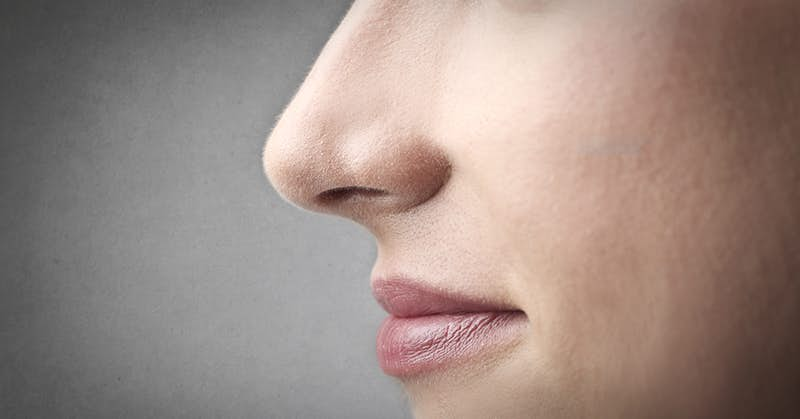
Each one will lower your chances by between 3% and 21%.
The lead author of the new research stressed that "People should try to incorporate as many of these things into their day as they can if they wish to give themselves the best chance of living to a ripe age."
The findings were revealed at the American Association for the Advancement of Science conference in Austin, Texas in February.
Talk to Strangers and Spend Time on Hobbies
Claudia Kawas, professor of geriatric neurology at the University of California, has spent the last 15 years with her research team tracking data on 1,700 people who were aged 90 or more in 2003. It's called the '90+ Study'. They have already published findings concerning frailty in this age group.For those gathered in Austin, Professor Kawas disclosed the results of the latest analysis.Weight: Being slightly overweight is best for older people. It reduced the risk of an early death by three percent. Those who were underweight increased their risk of dying by half. She said: "It's not bad to be skinny when you're young but it's very bad when you're old." Other research groups have found that extra weight helps to survive heart attack and stroke.
This view is backed up by some major studies. For instance, researchers from the Centers for Disease Control and Prevention published findings in JAMA in 2005 covering the whole US population in which they found that not only did modestly overweight people not die prematurely, they actually lived longer.Coffee: Drinking enough to provide between 200 mg and 400 mg a day of caffeine is "the sweet spot," reducing risk of death by ten percent. Although caffeine content varies considerably, the average eight-ounce mug of brewed coffee contains 130 mg, so two to three servings would be optimal.Exercise: 15 to 45 minutes of moderate exercise per day reduced risk of premature death by 11%.Hobbies: This category provided the biggest reduction in mortality risk, a very healthy 21% just from spending at least two hours a day on an activity that gives real pleasure.
Prof. Kawas also spoke of the importance of keeping the brain active with social interaction, suggesting people go out and talk to strangers. "The more people outside of your own household you speak to any given month will lower your risk [of death].
"People think using your brain is solving a puzzle, but when you are just out and interacting with people, you are using your brain a lot."
This One is The “Maybe”. . .
Alcohol: Two daily glasses of wine or a few beers lowered risk by 18%. Professor Kawas said, "I have no explanation for it, but I do firmly believe that modest drinking improves longevity."I call this one a “maybe.” For many years, I’ve been writing about alcohol consumption and its relation to the diseases of aging, especially cancer and Alzheimer’s. The evidence is mixed. One month a study will say alcohol increases your risk, the next month a study comes out that says it does the opposite.
I’m not keen to endorse something where the evidence is so contradictory. I also know a number of people with a serious drinking problem that’s undermining their health (some have diabetes). I don’t want to give heavy drinkers an excuse for their habit.
There are explanations for how alcohol can extend your life. Moderate alcohol consumption has been found in various studies to improve cholesterol profiles and lower inflammation, decreasing the risk of heart disease. Polyphenols in wine are also protective against cardiovascular disease and some cancers (But the quantities you need to drink are large. I’d take the supplement and skip the drink.)


